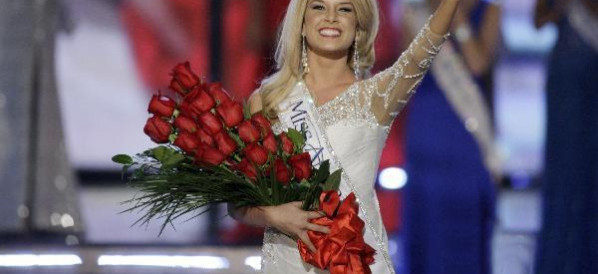 6 Terms
6 TermsHome > Terms > English, UK (UE) > Primary metaphor
Primary metaphor
The foundational level of metaphoric representation and the central construct in primary metaphor theory. A primary metaphor, in contrast to a conceptual metaphor, relates distinct concepts rather than sets of concepts. However, like conceptual metaphor, a primary metaphor relates two distinct concepts that occur in distinct domains. Thus a primary metaphor involves a single cross-domain mapping.
Primary metaphors are motivated by three necessary and jointly sufficient conditions. Firstly, the association between a target concept and a source concept in a primary metaphor is directly motivated by a tight and recurring correlation in experience. That is, the target and source in a primary metaphor co-vary in experience. Thus a primary metaphor can be characterised as a correlation-based metaphor.
Secondly, primary metaphors are formed by an unconscious and thus pre-conceptual association between two elements (primary target and source concepts) which have different kinds of content. While a given primary target concept relates to an aspect of sensory experience and has what is referred to as 'image content', a primary source concept constitutes a subjective response or evaluation of the aspect of sensory experience with respect to which it co-varies.
Thus primary source concepts have what is referred to as 'response content'. Put another way, the second condition for a primary metaphor concerns the conventional pairing of response and image content.
The third condition constitutes the requirement that the primary source and target concepts share superschematic structure. This is known as the superschema rule.
Primary metaphors can give rise to a more complex compound metaphor through a process known as unification.
Due to the highly schematic nature of primary metaphors they are akin to the notion of generic-level metaphor in conceptual metaphor theory. Examples of primary metaphors are given below:
- similarity is nearness That colour is quite close to the one on our dining room wall
- importance is size We've got a big week coming up at work
- quantity is vertical elevation The price of shares has gone up
- causes are forces Vanity drove me to have the operation
- change is motion Things have shifted a little since you were last here
- desire is hunger We're hungry for a victory primary metaphor theory A recent approach to conceptual metaphor associated with Joseph Grady which attempts to resolve some outstanding problems with the account provided by conceptual metaphor theory. The fundamental claim is that there are two distinct kinds of metaphor: primary metaphor and compound metaphor. While primary metaphors are foundational, compound metaphors are constructed from the unification of primary metaphors through the process of conceptual integration. Grady's central claim, which marks his approach as distinct from earlier work in conceptual metaphor theory, is that primary metaphors conventionally associate concepts that are equally 'basic', in the sense that they are both directly experienced and perceived. This means that Grady rejects the view that the distinction between the target and source of a metaphoric cross-domain mapping relates to abstract versus concrete concepts.
- Part of Speech: noun
- Synonym(s):
- Blossary:
- Industry/Domain: Language
- Category: Linguistics
- Company:
- Product:
- Acronym-Abbreviation:
Other Languages:
Member comments
Terms in the News
Featured Terms
Teresa Scanlan
The winner of the 2011 Miss America pageant. Scanlan, A 17-year-old and recent high school graduate from the western Nebraska town of Gering captured ...
Contributor
Featured blossaries
rufaro9102
0
Terms
41
Blossaries
4
Followers
Robin Williams Famous Movies
 6 Terms
6 Terms
Browers Terms By Category
- General furniture(461)
- Oriental rugs(322)
- Bedding(69)
- Curtains(52)
- Carpets(40)
- Chinese antique furniture(36)
Home furnishings(1084) Terms
- Industrial automation(1051)
Automation(1051) Terms
- Cosmetics(80)
Cosmetics & skin care(80) Terms
- General architecture(562)
- Bridges(147)
- Castles(114)
- Landscape design(94)
- Architecture contemporaine(73)
- Skyscrapers(32)
Architecture(1050) Terms
- Railroad(457)
- Train parts(12)
- Trains(2)




